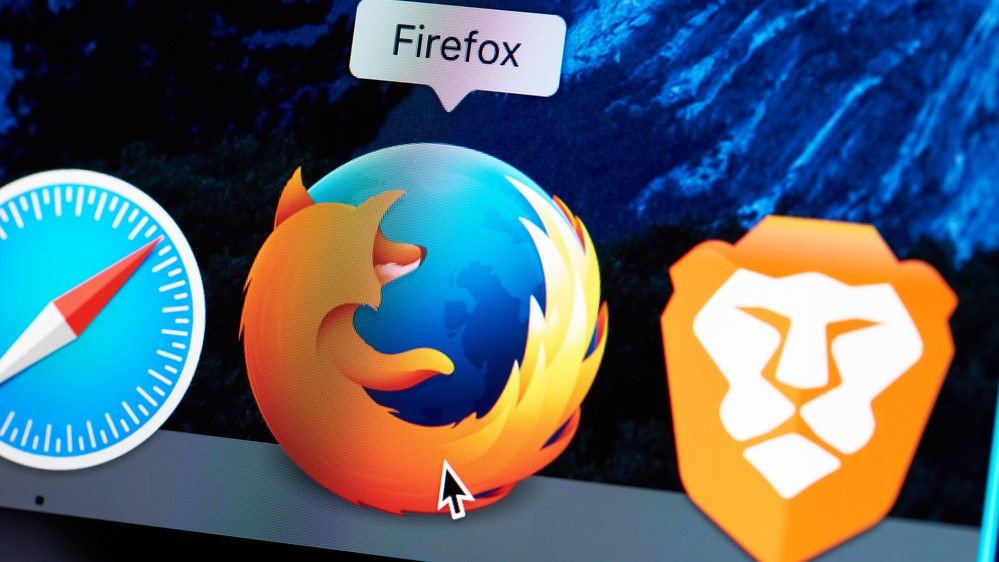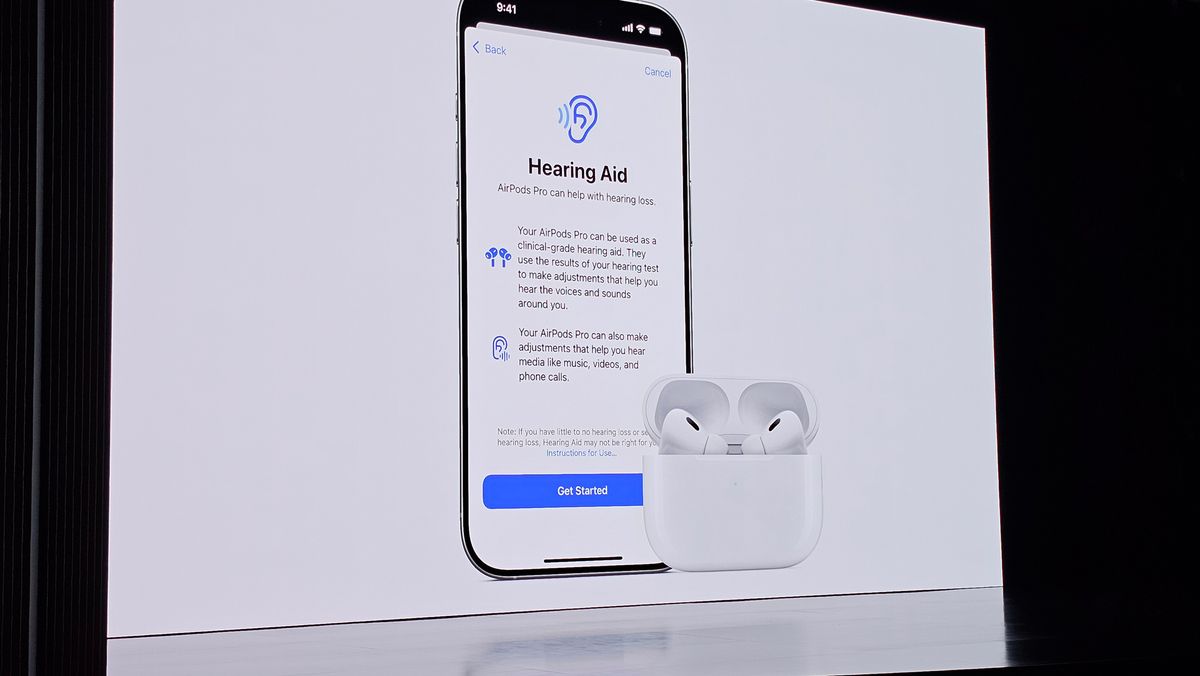The US Department of Justice whitethorn beryllium connected nan verge of seeking a break-up of Google successful a bid to make it little dominant. If nan authorities goes up and is successful successful nan courts, it could mean nan institution being divided into abstracted entities – a hunt engine, an advertizing company, a video website, a mapping app – which would not beryllium allowed to stock information pinch each other.
While this is still a distant prospect, it is being considered successful nan aftermath of a series of rulings successful nan US and nan EU which propose that regulators are becoming progressively disappointment by nan powerfulness of large tech. That powerfulness tends to beryllium highly concentrated, whether it’s Google’s monopoly arsenic a hunt engine, Meta’s information gathering from Facebook, Instagram and WhatsApp, aliases by mini businesses becoming limited connected Amazon.
But what would a breakup of these tech giants execute for consumers? Those successful favour of shaking up Silicon Valley successful this measurement reason that it would lead to much title and much choice. And nan best-case early script mightiness look thing for illustration this:
The twelvemonth is 2030, and you are connected your measurement to meet a friend for a meal. You person a connection notification connected WhatsApp, which was sent by your friend utilizing her Signal messaging app. Sending and receiving messages from different apps is now truthful communal you hardly announcement it.
In fact, “interoperability” – wherever different systems and tech activity seamlessly together – is everywhere. In nan aforesaid measurement you could nonstop an email from Gmail to Hotmail backmost successful 2024, you tin now take from a scope of societal media apps – alongside Instagram, TikTok and Snapchat – pinch text, pictures and video posted connected 1 web easy accessible via another.
You take an app because you for illustration nan measurement it looks aliases nan measurement it filters and presents contented – not conscionable because everyone other is connected it.
Similarly, your prime of edifice and accusation connected directions came from apps you person chosen from a overmuch wider action than nan 1 you had entree to backmost successful 2024. You look astatine reviews produced by group you follow, irrespective of nan level they utilized to stock it.
Product placement and AI-generated contented person practically disappeared, arsenic nan mapping app does not want to consequence giving you proposal you don’t want. If it did, you would simply move to a competitor which provides a superior service.
This accrued level of title is cardinal to those who reason for breaking up large tech. Instead of app developers having to salary 30% of their sales to Google aliases Apple, location would beryllium galore app stores available, each competing to connection nan champion apps by cutting their profit margins. The mentation is that nan app marketplace – and technological invention – would thrive arsenic a result.
Research besides suggests that nan beingness of competing apps makes consumers little lazy, and forces businesses to present amended products, and amended value for money.
Private browsing
In 2024, you would person had to spot nan results provided to you by Google search, Google Maps, aliases a Google advert. And because Google owned your data, it could auction accusation astir you to different businesses trying to scope you, without your say.
You mightiness person recovered Google’s services useful, but astir of nan use from personalised information would person gone to Google. And different large alteration that could travel from breaking up large tech is that you mightiness yet go nan unsocial proprietor of that data.
Potentially, you would beryllium nan only 1 pinch afloat entree to your browsing history – nan products you searched for, nan ones you bought and nan ones you almost bought. You would ain nan accusation astir wherever you went for lunch, what you ordered, and really overmuch you spent.
Other accusation that would beryllium owned by you mightiness see really you commute to work, which video clips make you laugh, and which books you vanished and nan ones you abandoned immediately. The aforesaid goes for really you met your partner online, your making love history, and nan wellness information your watch has collected astir really difficult you activity astatine nan gym.
 Your workout, your data.
Your workout, your data.PeopleImages.com – Yuri A/Shutterstock
In nan imagined twelvemonth of 2030, you would support this information connected an encrypted server, and different companies would connection apps to thief you organise and negociate your information. Whenever you wanted to, you could determine to usage your information for your ain purposes.
Breaking up is difficult to do
Splitting up large tech companies is not without risks however. An evident consequence is that those large companies would beryllium little profitable.
Right now, Google and Meta make (a batch of) money from advertising, and this is only imaginable because they ain truthful overmuch accusation astir us. If they didn’t, they mightiness extremity up charging users for nan services they provide.
Interoperability and greater title whitethorn besides supply much room for scam app operators. And while much prime astir apps whitethorn beryllium good for some, it whitethorn beryllium problematic for those who find modern exertion challenging capable already.
For regulators though, nan situation of modern exertion seems to beryllium a consciousness of powerlessness. And if they do determine to return nan extremist action and break up ascendant companies, it could make a large quality to nan online world for each of us.![]()
Renaud Foucart, Senior Lecturer successful Economics, Lancaster University Management School, Lancaster University
This article is republished from The Conversation nether a Creative Commons license. Read nan original article.

 4 months ago
4 months ago








 English (US) ·
English (US) ·  Indonesian (ID) ·
Indonesian (ID) ·